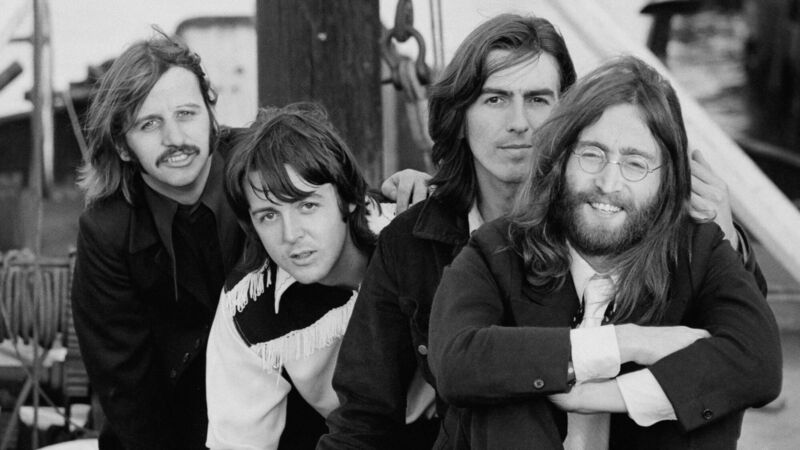Back to where they once belonged: How Britpop helped make The Beatles cool again

The Beatles Anthology is currently on Disney+.
As the 1990s dawned, The Beatles were on a magical mystery tour to relative obscurity. Though indisputably still one of the biggest bands in the history of rock’n’ roll, it had been some time since they could be regarded as fashionable. If anything, they were within touching distance of naff.
The charge sheet against the former Fabs was considerable. In 1984, Paul McCartney took a truncheon to their reputation with the schmaltzy aka the tune where the rhythm section imitates burping frogs.




